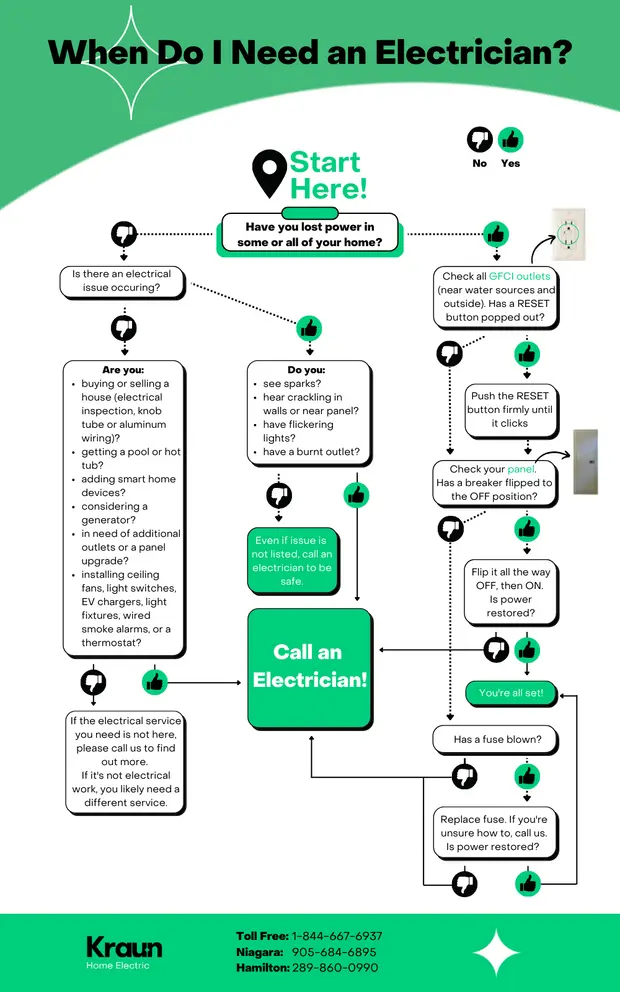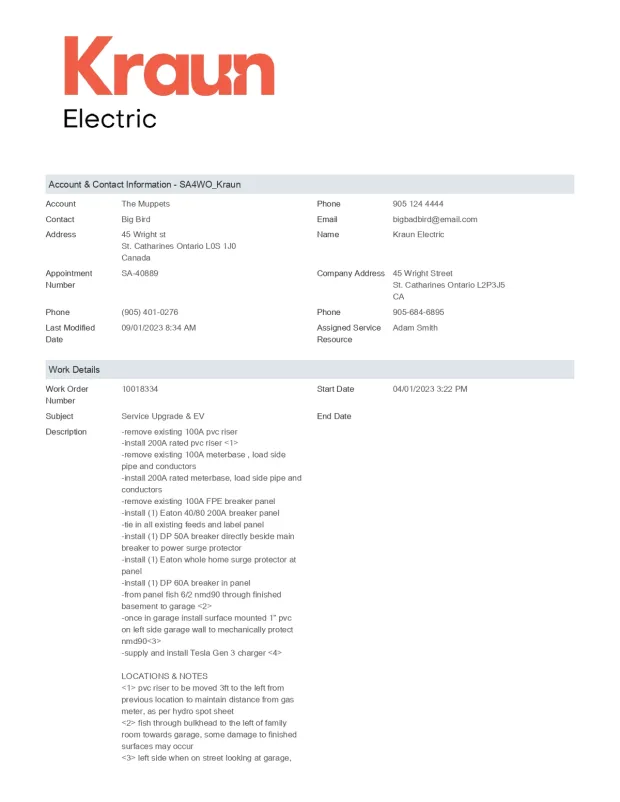All signs point to electric vehicles being the future of the automotive industry. The Canadian government has set a goal that by 2040, 100% of new vehicle purchases will be electric. That’s an aggressive goal, but between incentives and consumers’ desires to go green, the EV market is heating up and that goal looks more achievable every day.
So, what does this mean for you as a business owner? You’ve probably been thinking about EVs and EV charging for a while. You might be wondering if installing an EV charger is right for your business, your customers, or even your employees. Does installing a charger make good financial sense? Will it add to your bottom line?
These are all great questions, and there is no question that the current infrastructure is lacking in Ontario. Let’s take a deeper look at what installing an EV charger at your business can do for you.
1. The Need is There.

Right now, Ontario has approximately 142,000 registered electric vehicles. By 2030, that number is expected to be more than half a million. According to the Canadian Vehicle Manufacturers Association (CVMA), we will need 1 public charger for every 10 EVs.
How many public EV chargers are currently available in Ontario? 5,193. (as of September 2022)
The bottom line is that by 2030, Ontario will need 50,000 public chargers. That’s a big gap to close and a huge opportunity for business owners. Between government incentives and the inevitable future of pay-for-charge, installing an EV charger can be a great investment.
See NRCAN’s latest EV charger installation incentives to learn more. If you have any questions about the program, we can help. Reach out to us at service@kraun.ca.
2. Be a Destination for Your Customers and Add a Perk for Employees

Currently, one of the greatest limitations of an EV is its range. Since public chargers are not available like gas stations, EV owners need to plan accordingly. Given the choice between a business that doesn’t offer a charger and a business that does, EV owners are likely to choose the latter – the place that lets them shop, dine, rest, play, all while their vehicle charges.
Customers will spend more time (and more money) while they wait. Kohl’s in the US found that when charging, customers spent about $1 per minute over 60 mins.
Clean Energy Canada reports that 80% of Canadians are open to owning an EV. As the market grows, so will the demographic. EV owners won’t just be the high-income earners – they’ll be the middle-income families, the college students, and even the retired baby boomers. This means businesses of all types can benefit from installing an EV charger.
A charger can also be a major perk for your employees. Being able to offer them a charge while they work is a small price to pay for a great hire. And in today’s hiring market, it’s important to stand out from other employers in what you can offer your employees. This one is an easy win.
3. An Investment in the Future

Most Level 2 public chargers are currently free. Level 3 chargers, which can offer a 150 km charge in just 10-30 mins, are offered for a fee, which varies.
The future of EV charging is going to be pay-for-charge, even for Level 2 chargers. Just like we pay to fill our cars with gasoline, we will also pay to fill our electric car’s batteries.
This means the EV charger you install today will generate income for you tomorrow.
Let’s not forget about the environmental benefit.
If you are a business that values the environment and green initiatives, then an EV charger might make sense for your brand. Show your eco-conscious customers you recognize EVs are better for the environment. A charger can help you position your business as tech-savvy and sustainable.
What Does a Commercial EV Charger Cost?
Without government incentives, the cost of installing a commercial EV charger is around $10,000-$20,000. The price will depend on several factors, including the model of the charger, how far the installation is from the electrical source, and whether there is any infrastructure (asphalt, curbs, sidewalks, etc.) in the way.
The good news is that government funding can cover up to 50% of the cost of the project.
If you’re ready to talk to one of our licensed electricians about getting started with EV charging, fill out the form below. We can’t wait to hear from you.







